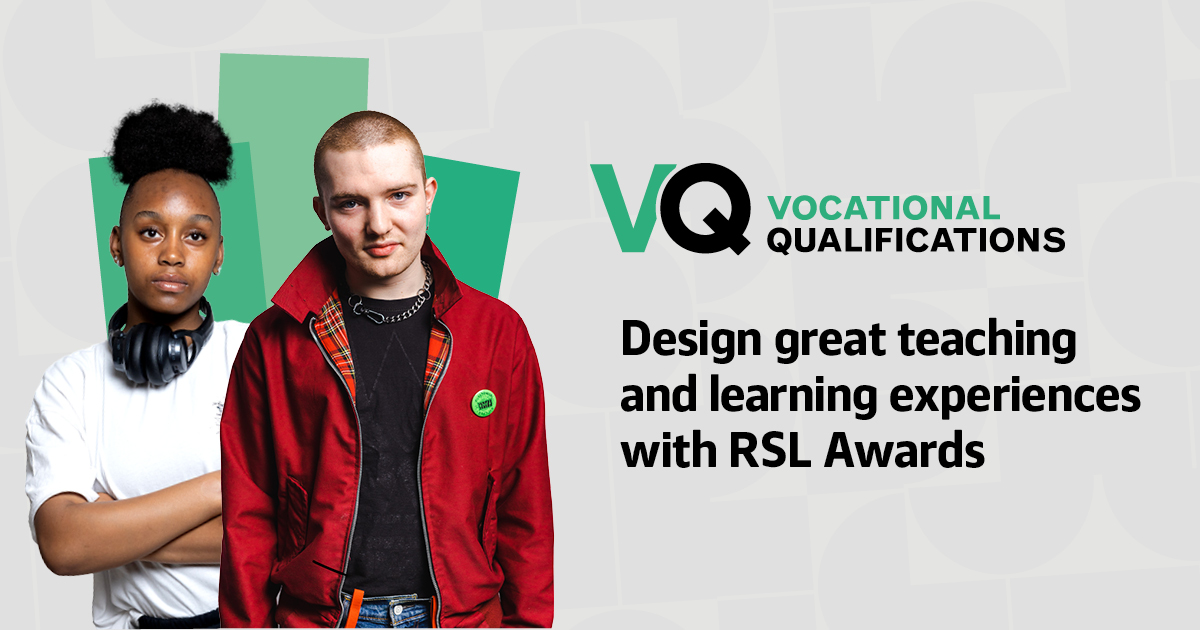AAQs: A template for success?

I recently spoke to a prominent figure in the skills ecosystem who admitted that they didn’t really know what an awarding body did. That is probably the fault of the awarding bodies, and really a failure to communicate our part of the education jigsaw.
If you run an awarding body it would be understandable if reform in the qualification landscape is causing you a lot of stress. The reality is that there are still so many unanswered questions; like how qualifications could be combined in a study pathway? how long will qualifications remain funded? what reforms would stay if there was a change in government?
With all this uncertainty it is no surprise that there are huge concerns across the skills sector. However, I believe there are a few bright lights from within the gloom. My awarding body specialises in the creative arts, so the highlighting of specialist performing arts qualifications leading to high quality higher education was really welcome. The expectation is that these qualifications will be AAQs (Alternative Academic Qualifications).
First of all, let’s get the issues with the AAQs out the way. The insistence of 40% examined content is not going to fit the creative arts. Training providers in particular will struggle with the requirement and loss of flexibility in the qualification design. They will disadvantage learners for less privileged backgrounds. We can’t ignore this and must continue to suggest that there are better ways and ask for exemptions.
From another perspective, there are some very interesting positives around the AAQs. These focus around the approach mainly.
Brand AAQ

It is really welcome to have branding around a qualification sub-set that feels positive. For too long there has been a very narrow definition of what a ‘gold standard’ of qualification looks like. This has been damaging for the many thousands of talented people who have been awarded a VTQ over the years.
Perception of value is around branding, and I think this is a great example of how we can raise the understanding of AAQs to make sure they are a success.
AAQs: Open to all
Unlike the role out of T-Levels, there is nothing in the documentation that suggests AAQs in subject areas can’t be offered by multiple awarding organisations. It may feel counter intuitive, but I think having a number of AOs involved in AAQs will be great for their recognition across the general public. AOs are great at implementing their qualifications and ensuring positive roll out.
Delivering AAQs
It sounds obvious, but Politicians tend to be good at policies, regulators are good at regulating, and Awarding Organisations are great at informing educators and selling qualifications into the market. If they weren’t they wouldn’t stay in business very long.
The key to making AAQs a success will be in the development of truly inspiring qualifications that support an inspirational curriculum. In our experience in RSL, the growth in our Music, Performing Arts and Media qualifications is because we’ve listened to teachers, higher education, and industry in order to create a great product, and then reached out within the market to tell teachers, schools, colleges, and training providers that there are alternatives.
If we really want meaningful reform then I would ask for all parties involved to be treated as partners. AOs are amazing at delivering policy directions in a regulated framework, we just need the chance to do it. For me, AAQs have the potential to be the best example of this in recent years.
By Tim Bennett-Hart















Responses